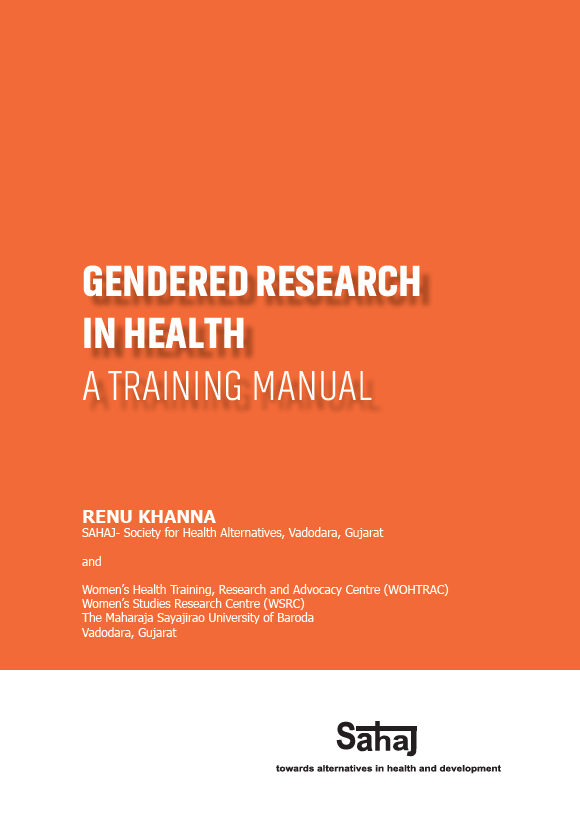Most health-related research continues to be carried out within the biomedical tradition. Although social factors affecting health are beginning to be considered seriously, a large proportion of resources are still spent on projects falling under the domain of biomedicine. Most medical research continues to state that men and women are physiologically similar in all respects except their reproductive systems. Traditional frameworks for analyzing women’s health have often concentrated only on their childbearing years. The problems related to pregnancy and childbearing were considered important domains in women’s health. Other biological differences and social differences affecting women’s health are ignored. As a result, both preventive and curative strategies are often applied to women when they have only been tested on men. There is growing evidence that sex and gender differences may be important in a range of infectious and parasitic diseases including tuberculosis and malaria.
To change the inequalities in medical research, women’s needs and desires must have a more prominent place in the research process. A formal set of policies will be needed to ensure that their interests are represented…
Renu Khanna and Women’s Health Training, Research and Advocacy Centre (WOHTRAC). (2020). Gendered Research in Health: A Training Manual. Society for Health Alternatives (SAHAJ).






